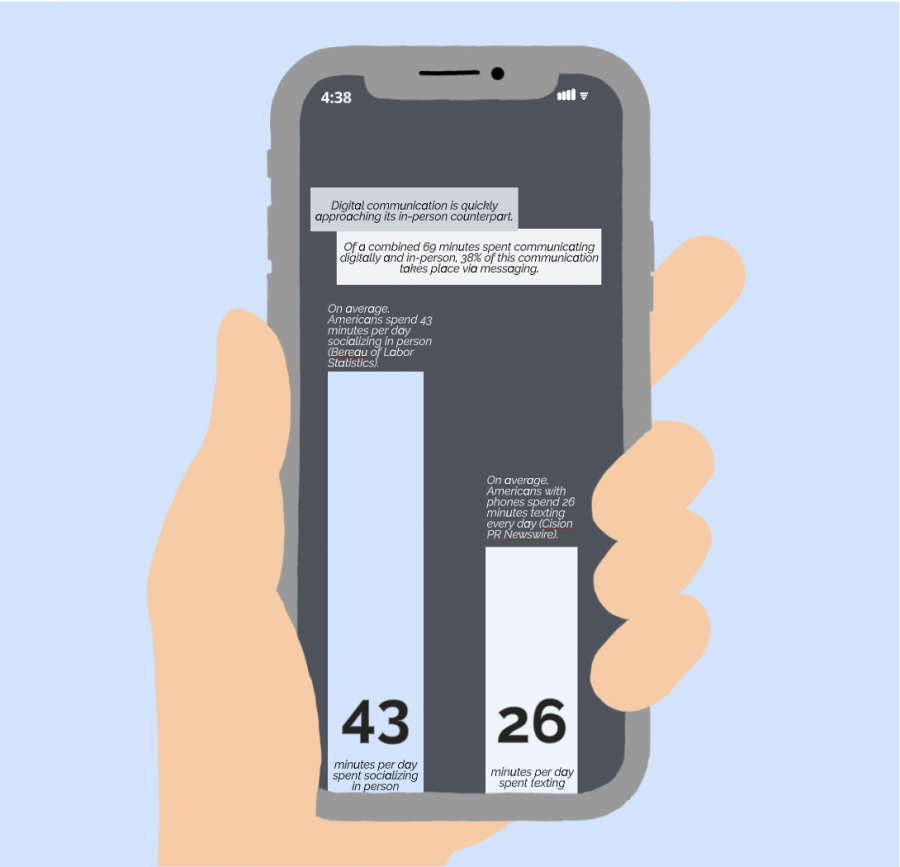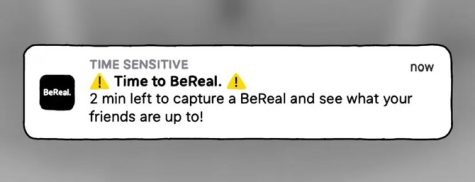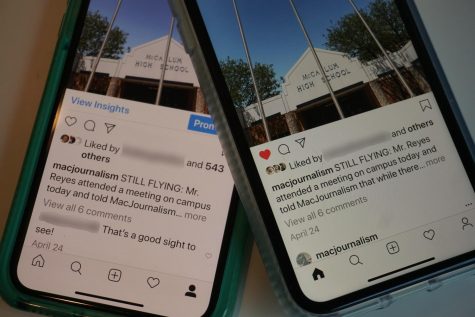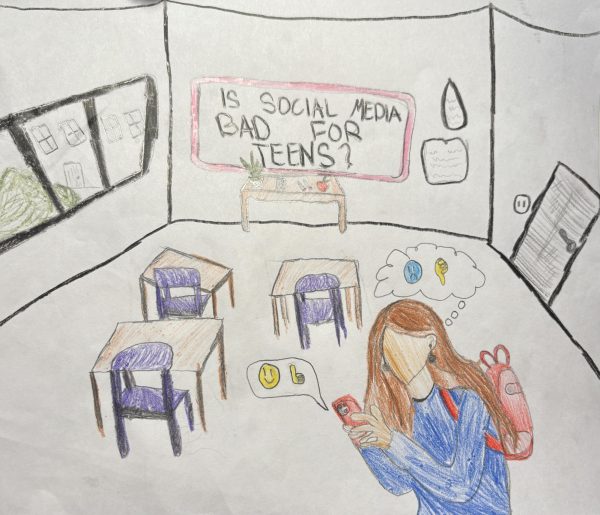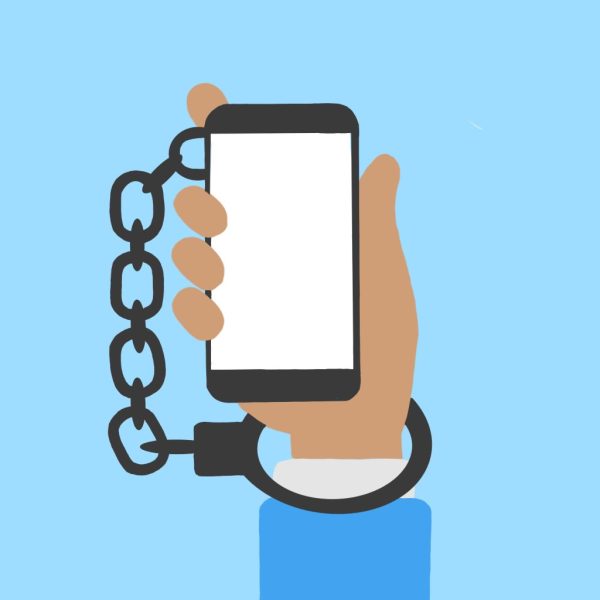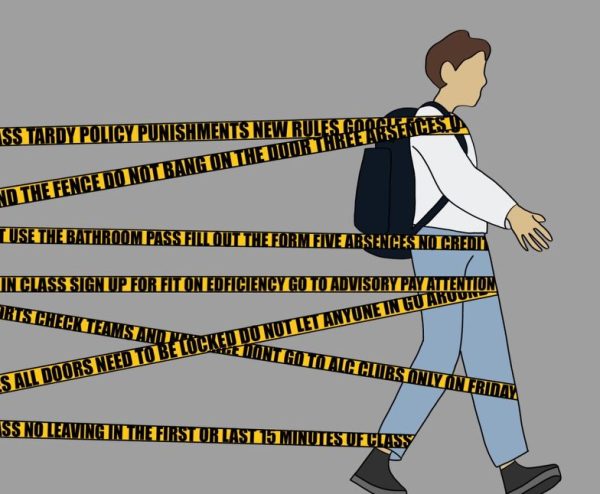Instant messaging: convenience or curse?
Tone-deaf and insincere, texting fails to make same meaningful connections as face-to-face conversations
According to Cision PR Newswire and the Bureau of Labor Statistics, Americans spend 38% of a combined 69 social minutes per day communicating via instant messaging. This closing gap between face-to-face and virtual interaction spells trouble for relationships further down the line, as texting and other forms of virtual communication fail to capture the same emotion and transparency as in-person interactions.
April 19, 2023
As much as I love my precious iPhone and all of its perks, from being connected to faraway friends, to having entertainment at my fingertips, there is a huge downside that’s way more prevalent than people think: the insincerity of text messaging.
The insecurity and distress that come with interpreting text conversations starts to wear away at peoples’ relationships, which can lead them to even further avoid these genuine, in-person conversations.
The cyber-stress that our generation faces doesn’t always fit the narrative that’s so often pushed by older generations who didn’t actually go through their teen years with the burden of social media and texting. We’re often made to picture the stereotyped crying teen in a dark room, their face illuminated by the glow of a hateful post. But straight-up cyberbullying is not the only, nor the primary factor that causes people distress on their phones.
While texting is quick, convenient, and effective, it lacks something that all in-person conversations contain: tone. Sometimes, I question if even my closest friends are upset with me when I read their words in the unanimated format of a text message. How are we supposed to fully and confidently interpret people’s intentions without being able to hear their voice and observe their facial expressions?
Some texts may be completely harmless but cause overthinking by the receiving party, others are actually sent with malicious intent. And there’s a couple of factors that make online insults all the more deadly: for one thing, people are bolder through the barrier of a phone screen; for another, unlike face-to-face confrontation, things said on the internet can be saved and revisited over and over again. Even if you try to delete something, people can take screenshots and save them. Nobody can screenshot your words as they come out of your mouth, which is why it’s such a shame that so many people have important conversations through text rather than face-to-face interaction.
The insecurity and distress that come with interpreting text conversations starts to wear away at peoples’ relationships, which can lead them to even further avoid these genuine, in-person conversations.



